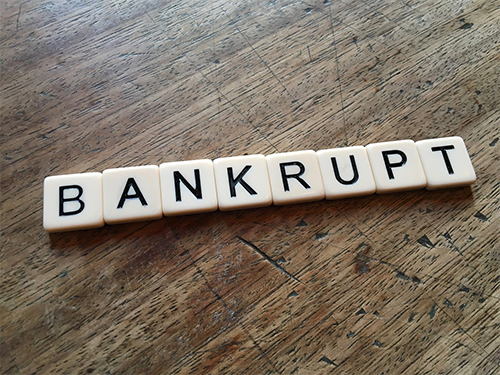Writing off is lowering an established monetary value of an item. In accounting, this establishment is referred to as the zero value of an asset. Writing off a debt, therefore, is the process by which a creditor declares a debt uncollectible. The debt is eliminated from the financial statements and is reported as a loss.
In this case, the debt will not be liable to taxation. However, this does not mean that you will be pardoned from paying the debt. Genuine and reasonable circumstances might to failure of paying a debt. Below are mechanisms for writing off your debt.
The Individual Voluntary Arrangement (IVA)
This is a personal commitment that you initiate to clear your debt. In this, you are at liberty to quote the amount of money you can afford to pay back. It is an agreement that lasts for a period of at least six (6) years. The creditor writes off whatever amount remaining when the set payment period ends. It’s key to note that this agreement is legally binding. Once signed, no party can violate it.
The Administration order
Circumstance may cause you to make an application of an administrative order. The order may be acquired to bar creditors from taking more drastic actions against you. This is made to a country court, with the following qualifications.
- You can afford to pay your debts on a regular basis.
- You have a minimum of two debts. In these two, one must be a judgment from either the country or the High court.
This agreement dictates that the amount you owe the creditor(s) should be paid in full. The money is paid to the court that is responsible for the distribution of money to your creditors.
Seek free debt advice
Are you struggling with your debt situation? Seek professional advice from a free debt adviser. Through an adviser, you can write off debt without compromising your other financial needs. Don’t be a victim of wrong and uninformed decisions about paying your debts. Apart from the debt advice, below are the benefits you will get from a debt adviser.
- An experienced debt adviser will treat your information with utmost confidentiality.
- Attention and will always be concerned about your debt situation.
- Help you exploit all possible avenues for paying your debts.
- Give you advice on better ways of financial management.
Talk to your creditors
Contact your creditors and explain to them the situation you are in. Inquire whether there’s a better way to go about the debt payment. Your creditors need to hear from you despite having made little or no payment. This wins their trust and confidence in you. Talking to your creditors eliminates the assumption that you have refused to pay the debt. Through this, you can negotiate on the possible extension of the payment period.
The debt management plan
Debt Management Plan is an agreement you make with your creditors to pay your total debts. This is a formal way that normally involves a third party who facilitates it. Accredited and licensed debt management body distributes the money to all your creditors. The company should help you calculate and determine the amount of money to pay. Payments should be affordable and made on a regular basis.
Declare you are bankrupt
This should be the last solution when it comes to paying your debts. Bankruptcy means that you are totally unable to pay your debts. All your assets will be taken and you will lose total control over them. They will be used to pay your debts.
Your debts can be written off as long as they are proven. To be declared bankrupt, you create an online account and make an application. You are required to submit information concerning your income, total debts, and expenditure. The Insolvency Service, through an adjudicator, will review the application. Feedback will be given within 28days of your submission. Explore other channels of writing off your debt before arriving at bankruptcy.
The above ways indicate that indeed there are ways existing for writing off your debt. Do you wish to get yours written off? Find your preferred method of doing so from these illustrated ways. You won’t miss one!







